Introduction
In today’s dynamic marketplace, understanding key factors in consumer behavior is crucial for businesses aiming to thrive. Consumer behavior encompasses a range of psychological, sociological, and economic aspects that influence how individuals make purchasing decisions. This comprehensive guide delves into various dimensions of consumer behavior, offering insights and strategies to navigate this complex landscape successfully.

The Psychology of Consumer Decision-Making
Cognitive Dissonance and Its Impact on Purchase Decisions
Cognitive dissonance refers to the discomfort experienced when individuals hold conflicting beliefs or attitudes. In the context of consumer behavior, it plays a significant role post-purchase. Exploring how businesses can address cognitive dissonance enhances customer satisfaction and loyalty.
Emotional Triggers in Marketing
Emotions play a profound role in shaping consumer decisions. By understanding emotional triggers such as fear, joy, or urgency, businesses can craft compelling marketing campaigns that resonate with their target audience.
The Influence of Social Proof
Social proof, or the tendency to follow the actions of others, heavily influences consumer behavior. Leveraging social proof through testimonials, reviews, and social media can establish trust and credibility, driving purchase intent.
Also Read: Unlocking the Power of Consumer Data in India with Kentrix Solutions
Sociological Factors Shaping Consumer Choices
Cultural Influences on Buying Behavior
Culture profoundly impacts consumer preferences, values, and behaviors. Examining how cultural norms, traditions, and beliefs influence purchasing decisions helps businesses tailor their offerings to diverse markets effectively.
Social Class and Consumer Behavior
Social class influences lifestyle choices, brand preferences, and spending patterns. Analyzing how social class intersects with consumer behavior provides valuable insights for targeted marketing strategies.
Reference Groups and Their Impact
Reference groups, including family, friends, and peers, significantly influence consumer choices. Understanding how individuals seek validation and approval within their reference groups informs marketing strategies focused on social validation.
Economic Considerations in Consumer Behavior
Price Sensitivity and Value Perception
Consumers’ perception of value relative to price plays a pivotal role in purchase decisions. Exploring price sensitivity dynamics helps businesses determine optimal pricing strategies and value propositions.
The Role of Income and Spending Habits
Income levels and spending habits vary across demographic segments, impacting purchasing power and consumption patterns. Analyzing income trends and spending behaviors aids businesses in segmenting markets and targeting high-potential customer segments.
Economic Trends and Consumer Confidence
Economic conditions, such as recessions or booms, directly influence consumer confidence and spending behaviors. Adapting marketing strategies in response to economic trends ensures resilience and agility in a dynamic market environment.
Consumer Behavior in the Digital Age
Online Shopping Behavior and E-Commerce Trends
The shift towards online shopping has transformed consumer behavior, emphasizing convenience, personalization, and seamless experiences. Exploring e-commerce trends and digital shopping behaviors is imperative for businesses to stay competitive.
Mobile Commerce and Its Impact
Mobile devices have become integral to the consumer journey, influencing product research, comparisons, and purchases. Optimizing for mobile commerce and understanding mobile user behaviors are essential for effective omnichannel strategies.
The Rise of Influencer Marketing
Influencer marketing leverages individuals with significant social followings to endorse products or services. Understanding how influencer collaborations impact consumer perceptions and purchasing decisions is key to successful influencer marketing campaigns.

Key Strategies for Navigating Consumer Behavior Dynamics
Personalization and Customization
Tailoring offerings to individual preferences enhances customer engagement and satisfaction. Implementing personalized experiences through data-driven insights fosters long-term customer relationships.
Data Analytics and Predictive Modeling
Harnessing data analytics and predictive modeling enables businesses to anticipate consumer trends, preferences, and behaviors. Leveraging actionable insights enhances decision-making and marketing effectiveness.
Ethical Considerations in Marketing
Ethical marketing practices build trust and credibility with consumers. Transparency, social responsibility, and authenticity are integral to fostering positive brand perceptions and long-term customer loyalty.
Conclusion
Navigating consumer behavior requires a deep understanding of psychological, sociological, and economic factors that drive decision-making. By incorporating insights from this comprehensive guide, businesses can develop targeted strategies, foster meaningful connections with consumers, and thrive in an ever-evolving marketplace.
Also Read: The Ultimate Guide to India Customer Data Analytics


